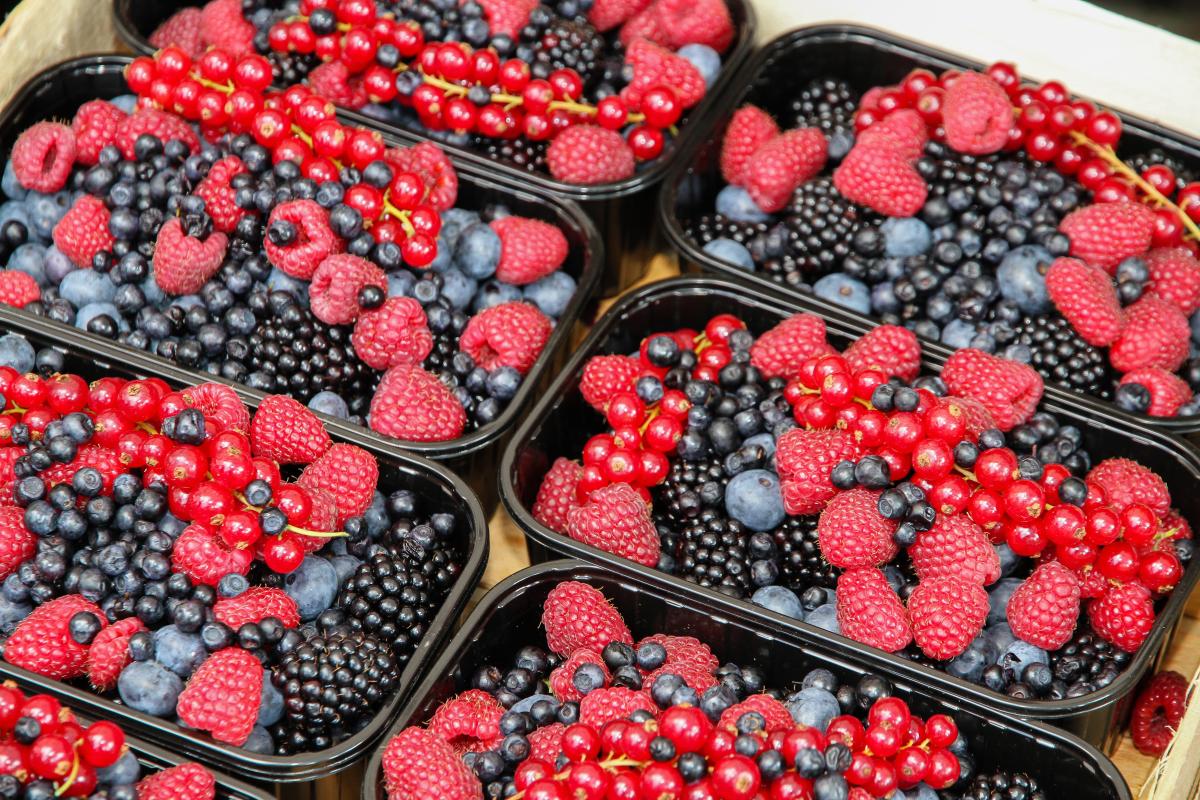A Cambridge-based company has made significant strides in its work to develop a range of fruit-picking robots to support the agricultural sector. Raspberry picking robots developed by Fieldwork Robotics - a spinout company of the University of Plymouth - have now been commercially deployed in two locations in Portugal.
The robots - equipped with four harvesting arms - are successfully working autonomously, with sensor technology and grippers that have been completely redesigned to reduce slippage and shorten harvesting time.

As a result, the harvested fruit passed all quality controls, and the company is working to further accelerate the harvesting process so that each robot can harvest 2 kg of fruit per hour.
It is also making progress in its efforts to cut production costs, with changes in the materials used for robots expected to cut costs by more than 20 per cent.
ROBOTS AND AGRICULTURE
Fieldwork Robotics was launched in 2016 to develop and commercialise the work of robotics lecturer Dr Martin Stoelen, and the company is now based at Paddocks Business Centre in Cambridge. Its aim has always been to create autonomous robots that can work alongside the human workforce and ensure any productivity gaps are filled.
He has currently developed two systems - a vertical harvester that can be adjusted according to the height of the fruit plants, and a horizontal platform that can navigate through different agricultural environments and be distributed across crop rows for harvesting without human supervision.

Advances in technology and business activity recently saw the company receive the New to Market Award in the UK-Portugal Department for International Trade Business Awards.
Rui Andres, director and CEO of Fieldwork Robotics, said: "The UK alone is facing a shortage of around 90,000 pickers, and this has a potential impact on food availability. Our aim has always been to help growers harvest everything they produce, keeping waste to an absolute minimum and ensuring they can operate in a sustainable way."
"Through our technological advances and commercial implementations, we are making real progress in the development of our harvesting robots. Raspberries are very delicate, so we had to develop technology that can apply enough pressure to free the fruit from the stem without damaging it. At the same time, our sensors are now so advanced that they can tell if the fruit is ready to be picked or not, which means that what can be sold is all that is picked."
Since its launch, Fieldwork has raised significant funds through external investment and equity fundraising, overseen by university marketing partner Frontier IP.
This included raising £675,000 through an equity fundraiser from existing and new investors in March 2021, and funding of more than £850,000 from Innovate UK to accelerate the scale up of its raspberry harvesting robot to bring it to market.
The company has developed a close working relationship with some of the world's leading fruit and vegetable producers, including Bonduelle and Hall Hunter Partnership, while also working to optimise its technology in collaboration with Bosch engineers.
In addition to raspberries, its robots can be adapted to different crops by changing the software algorithms and the tools at the end of the harvesting arms.
Raspberries are a very difficult product to process, as the right amount of pressure is needed to release each berry without bruising it. To overcome this problem, the technology developed by Fieldwork Robotics uses a combination of 3D cameras, sensors and machine learning to identify whether a fruit is ripe enough to be picked.
The robot's four harvesting arms then move towards the fruit and apply pressure to the stem of each fruit, rather than to the berry itself. This ensures that the raspberries are not damaged, and tests have shown that the quality of the harvested fruit is the same as that picked by human workers.
The long-term goal is for each robot to be able to harvest more than 25,000 raspberries in the course of a day, but it can continue working as long as its batteries maintain power. In contrast, human workers pick about 15,000 in a typical eight-hour shift.
Source: BusinessWeekly







